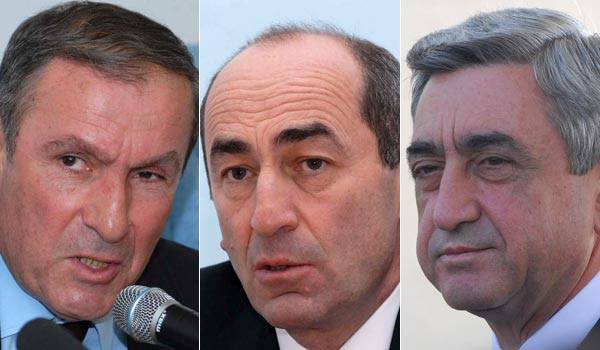
Hürriyet Daily News (19 April 2018)
Turgut Kerem Tuncel
Last week, the Armenian Parliament elected the former-President Serzh Sargsyan as the new prime minister. The parliament had been formed after the first parliamentary elections on April 2, 2017 following Armenia’s transition from semi-presidentialism to parliamentarianism by the December 2015 constitutional amendments.
With the election, Sargsyan secured another four years in power until 2022. Given that Sargsyan will be running the country for 14 years in a row, not to speak of his Republican Party of Armenia (RPA) that has been in power since 1998, the question is whether Armenia’s transition to parliamentarianism is likely to bring a change in the country.
When Armenia re-appeared as an independent country in 1991, the system of government to be established in the country became an issue of debate. While the former President Levon Ter Petrosyan advocated strong presidentialism, the opposition pushed for parliamentarianism. Eventually, strong presidentialism was established in Armenia.
In the 1990s, the main argument of those who advocated parliamentarism was the inconsistency between presidentialism and democratization, and the imperative to establish parliamentarism for the latter. Opposed to such arguments, those who advocated presidentialism stressed the need for strong leadership to overcome the difficulties pertaining to the transition from communism to market economy, post-soviet nation and state building, and the Karabakh conflict. However, when those advocating the parliamentarianism of the 1990s came into power, the constitution was amended in 2005 to establish semi-presidentialism instead of parliamentarianism.
In 2015, too, those who were in power argued for democratization, advocating a constitutional amendment. The opposition argued that Sargsyan’s real motive was to hold onto power by changing the system, as the existing constitution did not allow him to run for presidency for a third time in a row.
It was claimed that Sargsyan intended to stay in power by becoming the prime minister in the new parliamentarian system. The opposition also claimed Sargsyan strived to de facto hold onto power as the leader of the Republican Party of Armenia (RPA). There were also those who sustained that the wider RPA clique wanted to remain in power by establishing parliamentarianism.
To refute these allegations, Sargsyan publicly announced he would not run for prime minister once the parliamentary system was established. He said, “I believe one person should not aspire to hold the reins of power in Armenia for more than twice in their lifetime.”
Democratization or Sargsyan’s grip on power
Nonetheless, after the constitution was amended, Sargsyan made a U-turn and began giving hints that he, indeed, may run for prime minister. On March 19, he alleged that the situation in the country was significantly different from the past. He added that “I have never regarded myself as someone who is guided by prejudice or rigid thinking. I cannot fail to reckon with reality and think I bear no responsibility for the future and our country’s smooth course.” Eventually, Sargsyan was nominated for prime minister on April 16 and the next day, parliament elected him as the new prime minister.
These developments attest that the transition to parliamentarianism was not so much of an attempt for democratization or to trigger a change in Armenia. Rather, it was as the opposition in 2015 argued, a maneuver of Sargsyan and the RPA circles to have a grip on power. As such, transition from presidentialism to parliamentarianism is not likely to prompt changes in the domestic and foreign policies of Armenia. Therefore, we can conclude that in Armenia, all will remain the same in the foreseeable future.
*Turgut Kerem Tuncel is a senior analyst at the Center for Eurasian Studies.
** Photo: eadaily.com
© 2009-2025 Avrasya İncelemeleri Merkezi (AVİM) Tüm Hakları Saklıdır
Henüz Yorum Yapılmamış.
-
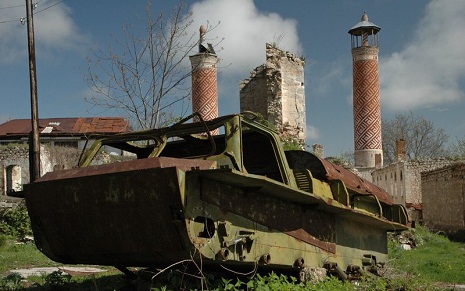 KARABAĞ’DAKİ ULUSLARARASI HUKUK İHLALLERİ (Çeviri)
KARABAĞ’DAKİ ULUSLARARASI HUKUK İHLALLERİ (Çeviri)
Turgut Kerem TUNCEL 22.10.2016 -
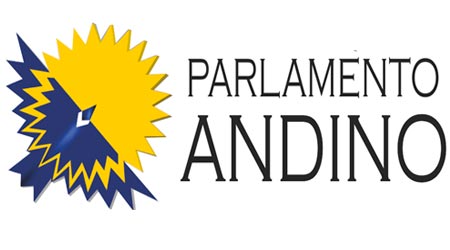 REVERSALS OF RESOLUTIONS ON 1915 EVENTS
REVERSALS OF RESOLUTIONS ON 1915 EVENTS
Turgut Kerem TUNCEL 28.11.2016 -
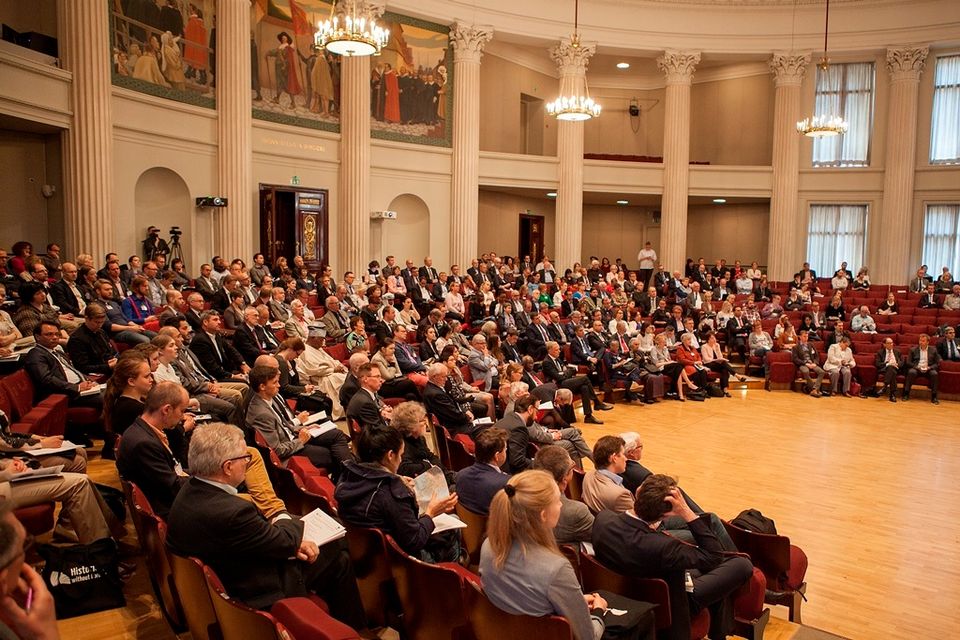 SEARCHING FOR THE RIGHT APPROACH TO SOLVE THE TURKISH-ARMENIAN CONTROVERSY
SEARCHING FOR THE RIGHT APPROACH TO SOLVE THE TURKISH-ARMENIAN CONTROVERSY
Turgut Kerem TUNCEL 15.02.2017 -
 ARMENIA’S TRANSITION TO PARLIAMENTARIANISM: CHANGE OR CONTINUITY? - HÜRRİYET DAILY NEWS - 19.04.2018
ARMENIA’S TRANSITION TO PARLIAMENTARIANISM: CHANGE OR CONTINUITY? - HÜRRİYET DAILY NEWS - 19.04.2018
Turgut Kerem TUNCEL 19.04.2018 -
 ABD BAŞKANLIK SEÇİMLERİ WASHINGTON'UN GÜNEY KAFKASYA SİYASETİNİ NASIL ETKİLEYECEK?
ABD BAŞKANLIK SEÇİMLERİ WASHINGTON'UN GÜNEY KAFKASYA SİYASETİNİ NASIL ETKİLEYECEK?
Turgut Kerem TUNCEL 08.11.2016
-
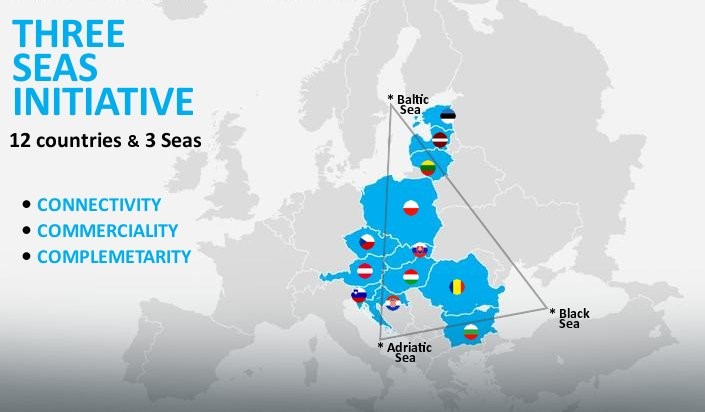 ÜÇ DENİZ GİRİŞİMİ (ÜDG): BATI'NIN BÜYÜK GÜÇ REKABETİ HAMLESİ-06.03.2023
ÜÇ DENİZ GİRİŞİMİ (ÜDG): BATI'NIN BÜYÜK GÜÇ REKABETİ HAMLESİ-06.03.2023
Deniz ÜNVER 06.03.2023 -
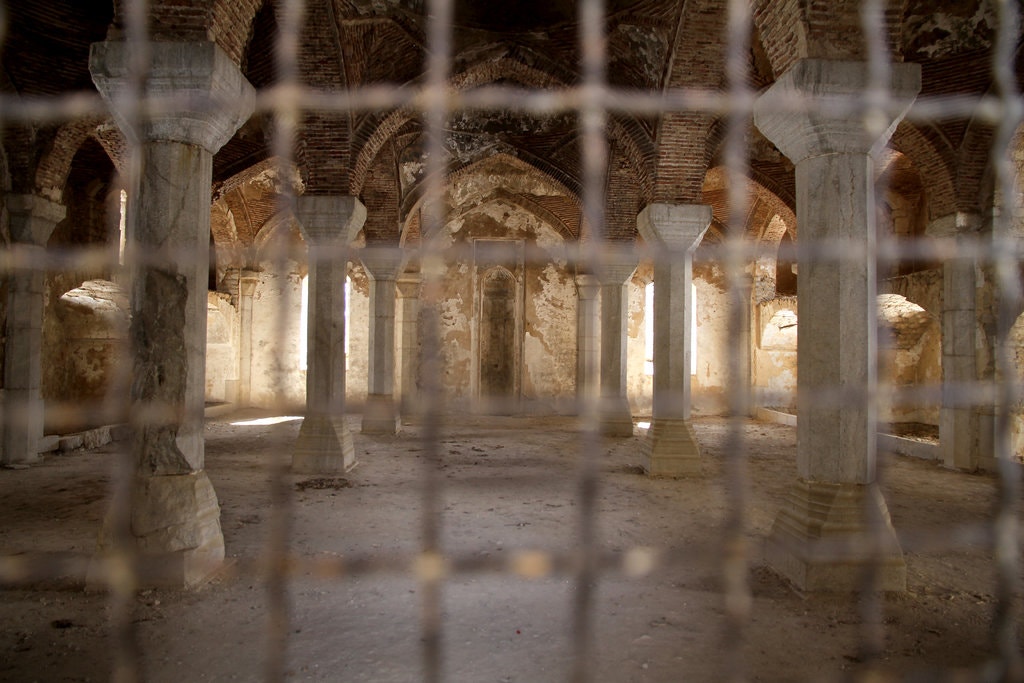 PASHINYAN HEIGHTENS TENSIONS BETWEEN BAKU & YEREVAN OVER “UNITY” SPEECH – CASPIAN NEWS – 07.08.2019
PASHINYAN HEIGHTENS TENSIONS BETWEEN BAKU & YEREVAN OVER “UNITY” SPEECH – CASPIAN NEWS – 07.08.2019
Mushvig MEHDIYEV 08.08.2019 -
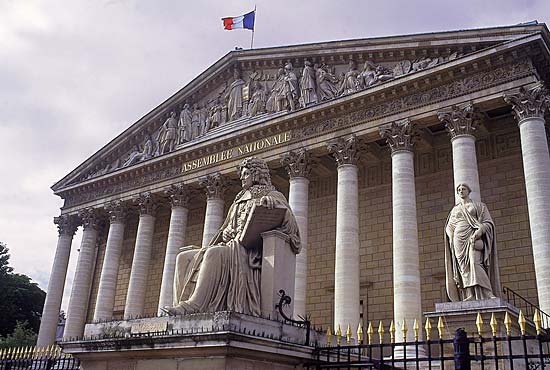 THE RESOLUTIONS OF THE FRENCH SENATE AND NATIONAL ASSEMBLY REGARDING UPPER KARABAKH - 03.12.2020
THE RESOLUTIONS OF THE FRENCH SENATE AND NATIONAL ASSEMBLY REGARDING UPPER KARABAKH - 03.12.2020
Ömer ZEYTİNOĞLU 24.12.2020 -
 ERMENİSTAN TÜRKİYE İLE UZLAŞMAK İSTEMEKTE MİDİR? - DİPLOMATİK GÖZLEM - NİSAN 2019
ERMENİSTAN TÜRKİYE İLE UZLAŞMAK İSTEMEKTE MİDİR? - DİPLOMATİK GÖZLEM - NİSAN 2019
Alev KILIÇ 04.04.2019 -
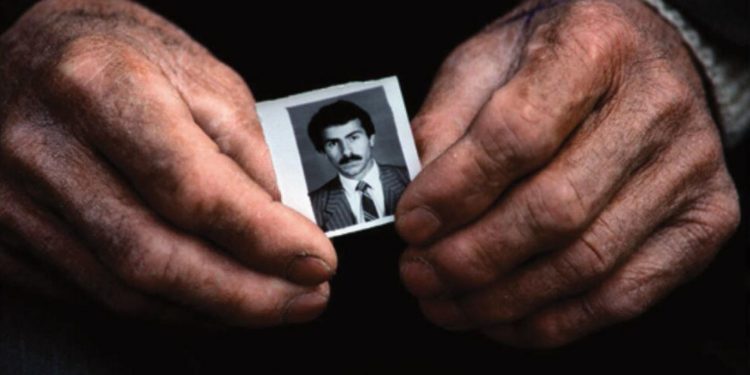 THE EUROPEAN MASS GRAVES YOU NEVER KNEW ABOUT - AZE.MEDIA - 11.08.2022
THE EUROPEAN MASS GRAVES YOU NEVER KNEW ABOUT - AZE.MEDIA - 11.08.2022
Taras KUZIO 07.10.2022


